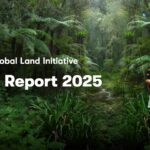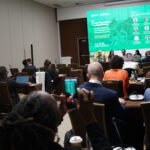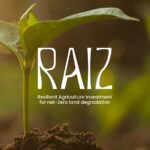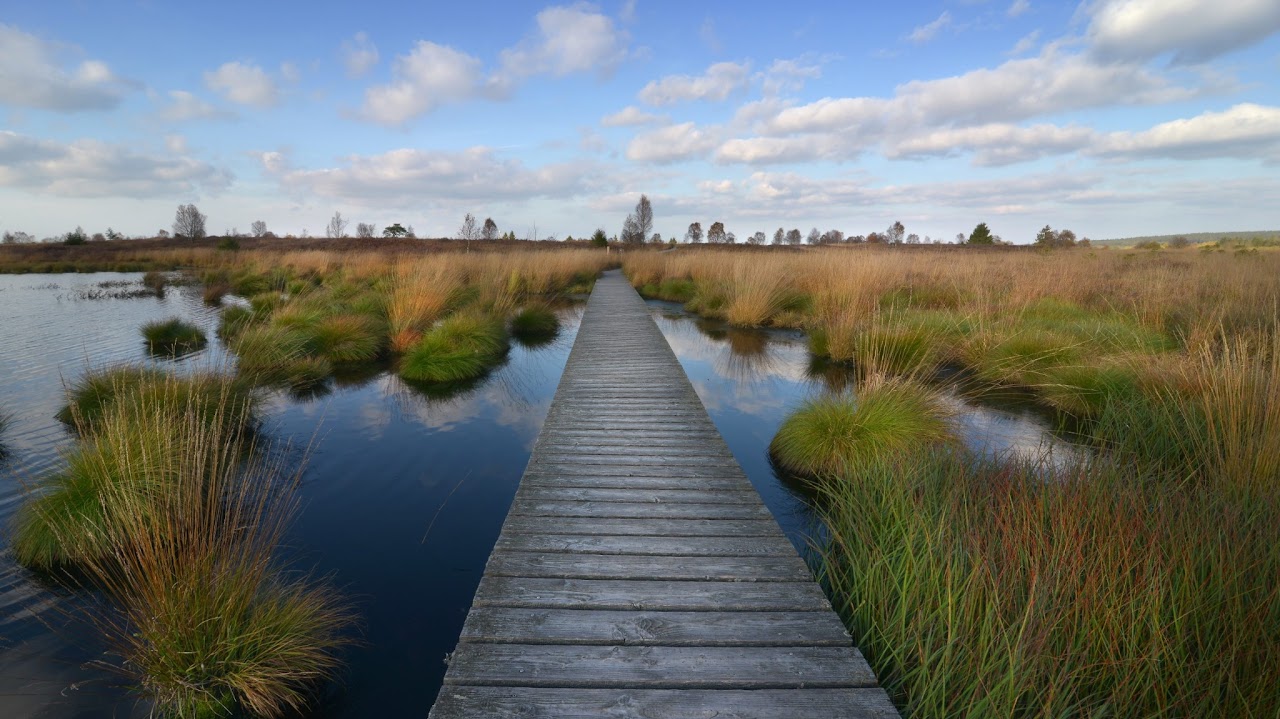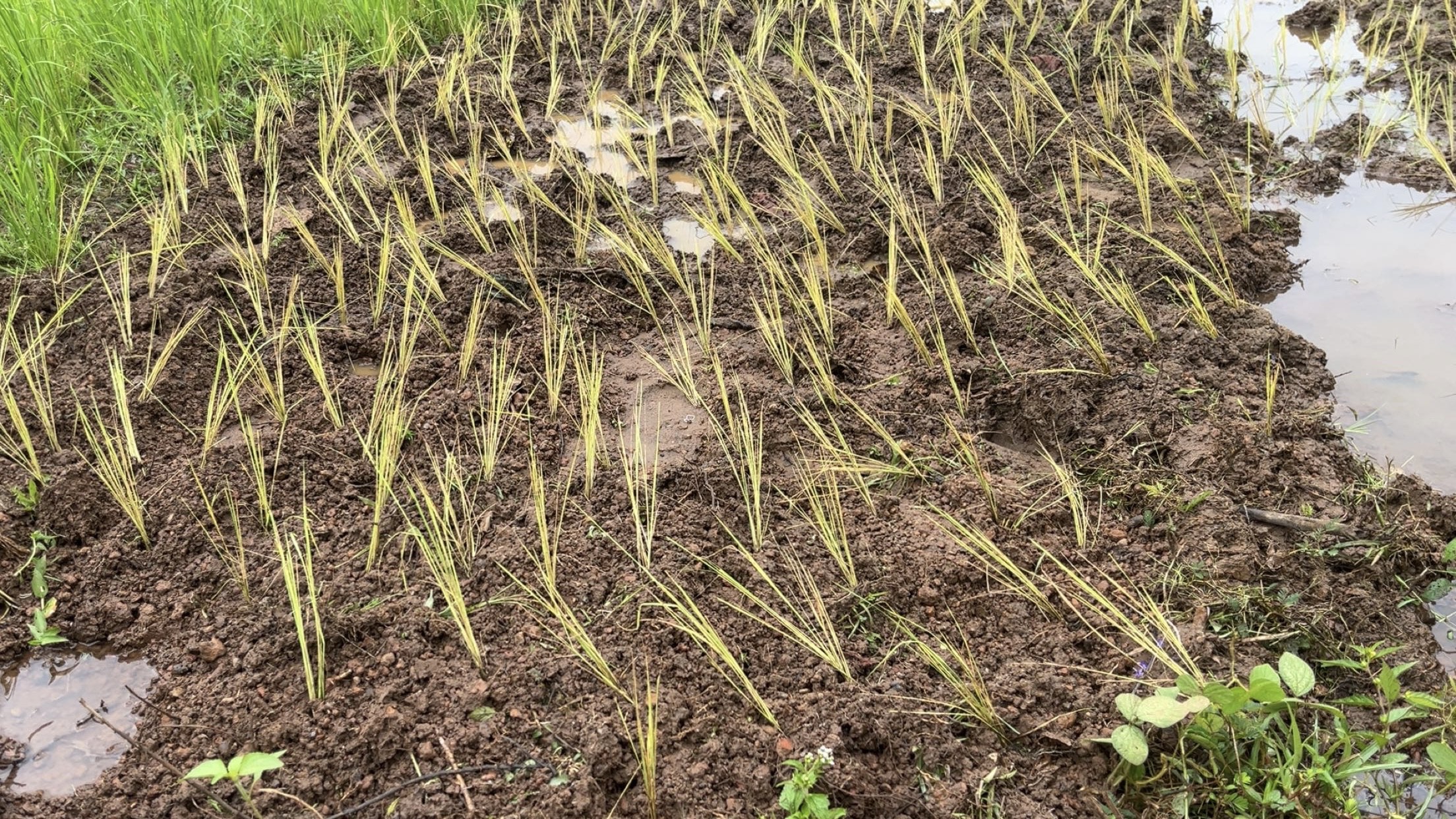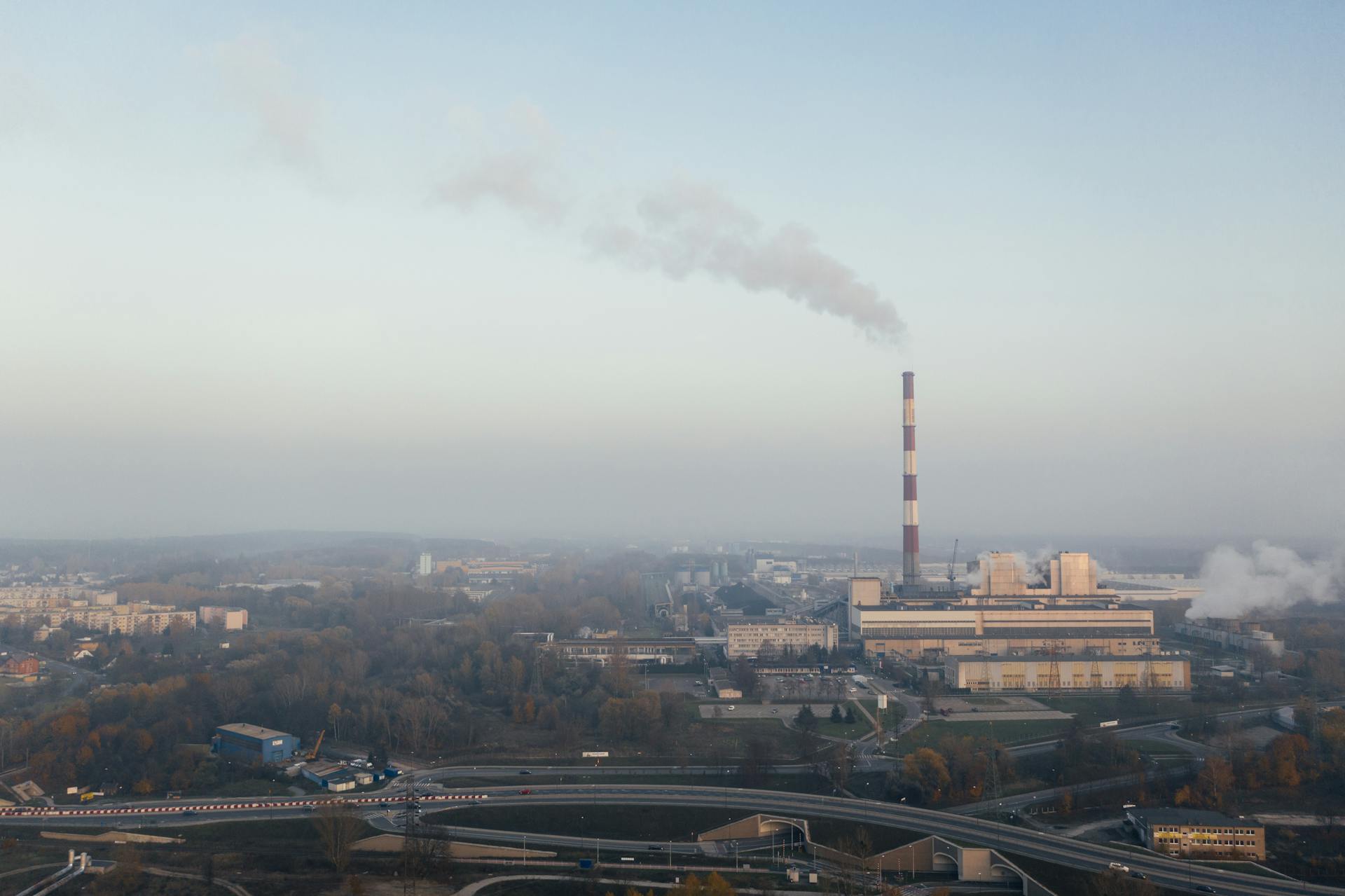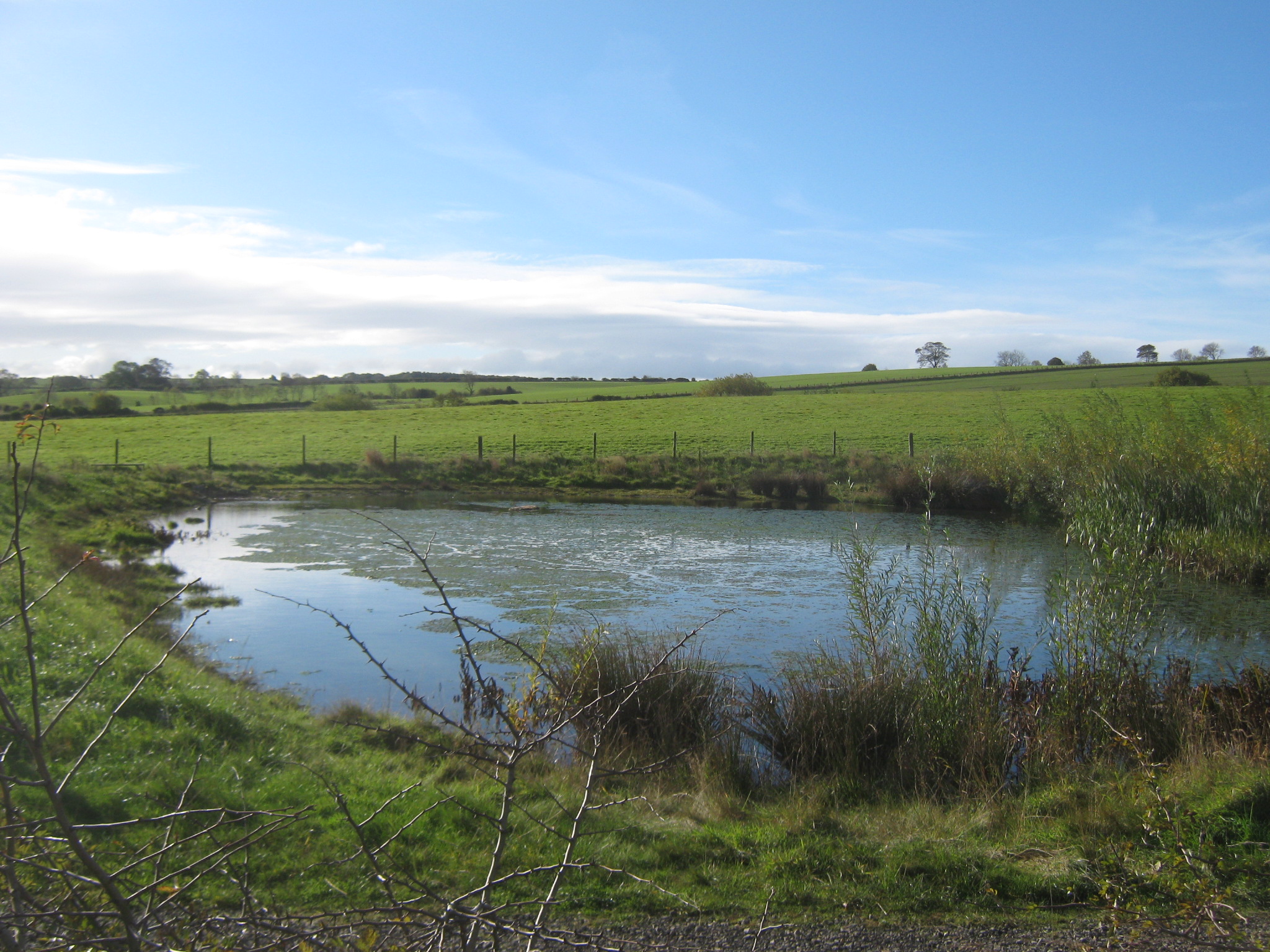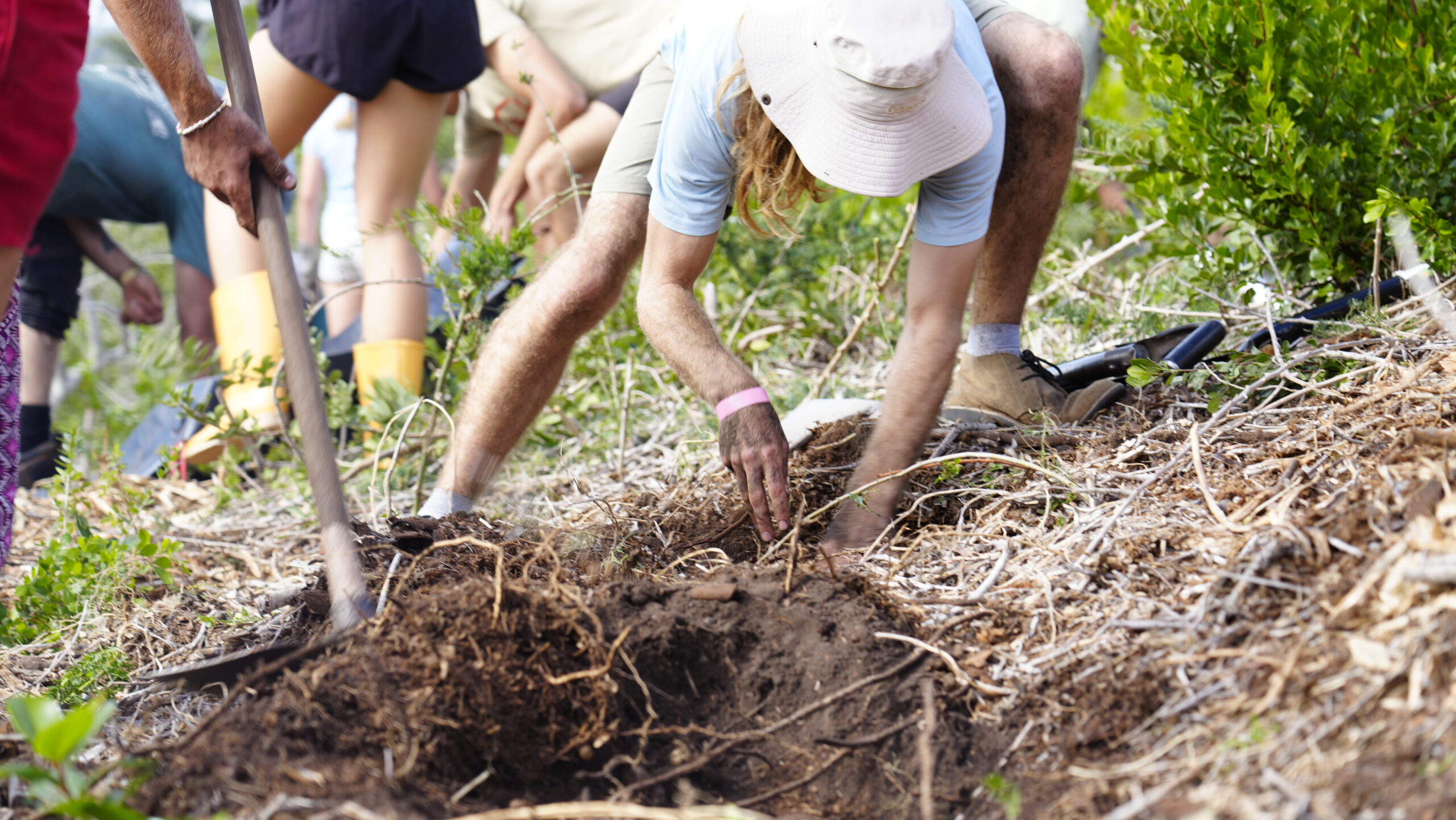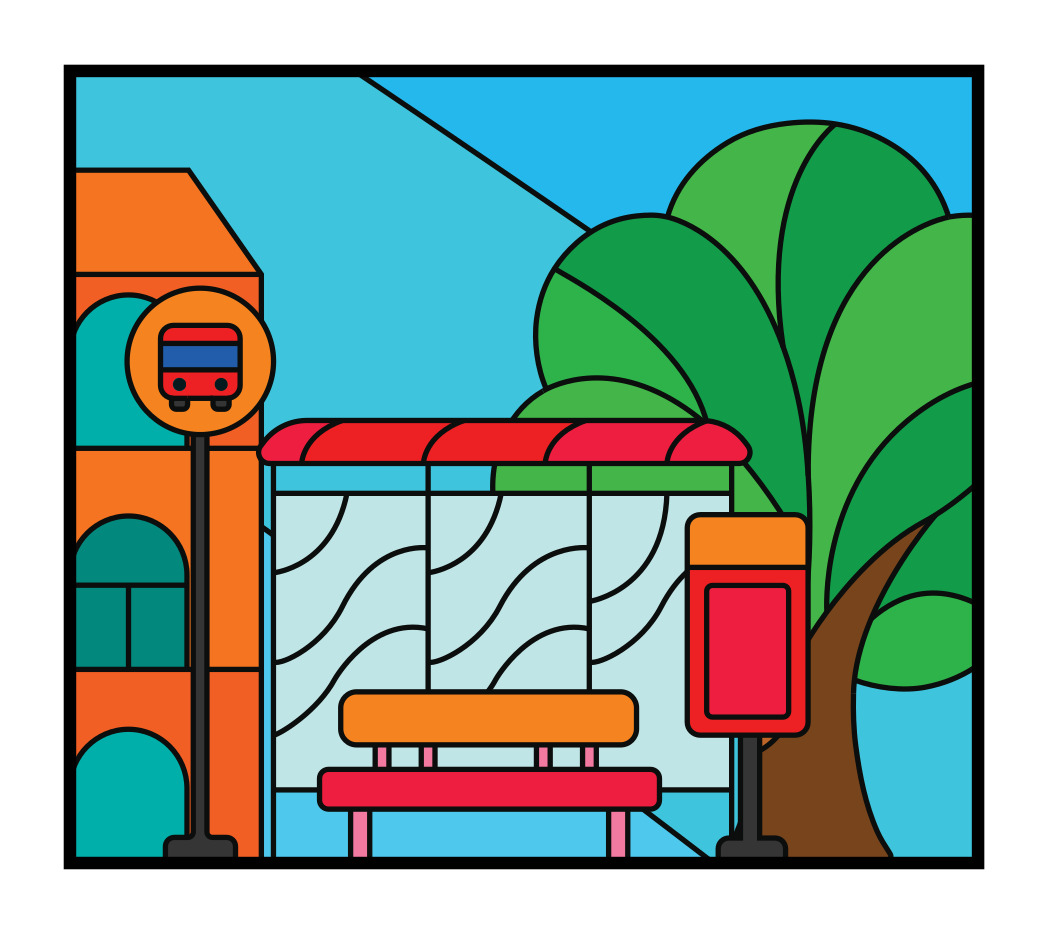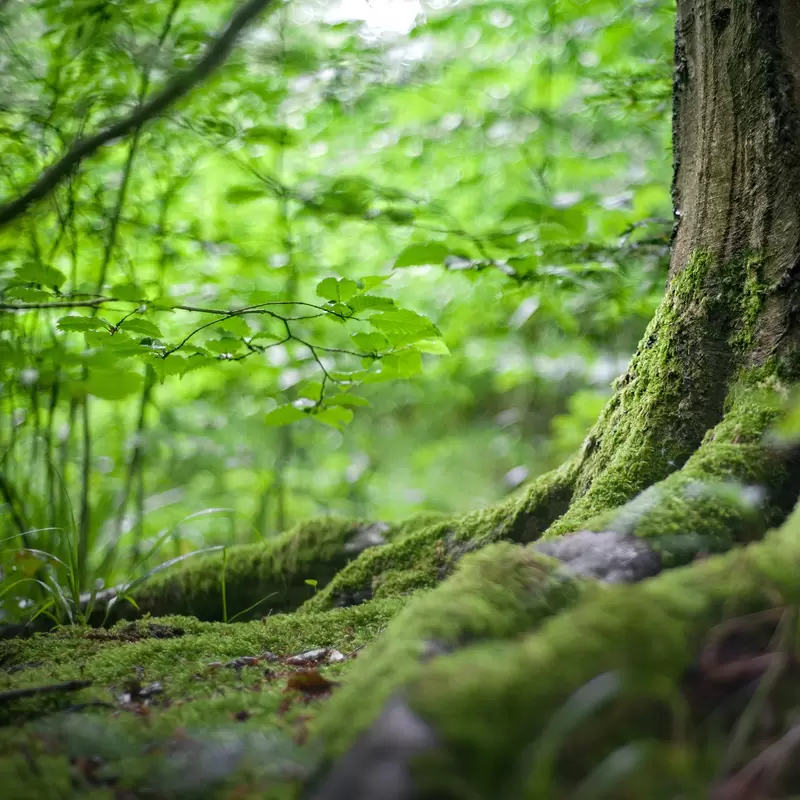Faith Leaders Advance Global Restoration Agenda Ahead of UNCCD COP16 in Riyadh
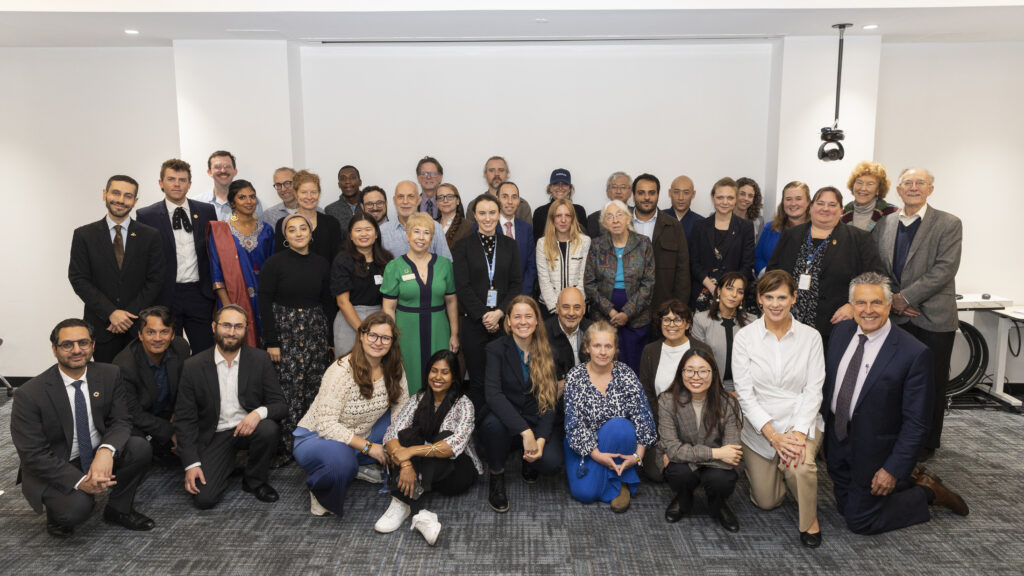
Photo credit: UNCCD/G20
As the global community prepares for the 16th session of the Conference of the Parties (COP16) to the United Nations Convention to Combat Desertification (UNCCD) in Riyadh this December, a powerful interfaith movement is gaining momentum to address the interconnected challenges of land degradation, climate change and biodiversity loss.
This movement, supported by the UNCCD G20 Global Land Initiative (G20 GLI), has been steadily building through strategic engagements across the Rio Conventions throughout 2024.
The initiative’s cornerstone was established on 26 September 2024, when over 60 faith leaders and executives convened in New York City during the 79th UN General Assembly and the UN Summit of the Future for the “Faith and Restoration: Aligning Faith Action and Advocacy across the Rio Conventions” event. This gathering launched the Triple COP Faith Call to Action, a comprehensive interfaith statement that echoes the collaborative spirit of the 1992 Rio Earth Summit.
The significance of this interfaith initiative was further amplified when the statement and Call to Action were also highlighted at the World Economic Forum Faith in Action Summit, also held concurrently on the sidelines of the UN General Assembly. This demonstrated the established recognition of faith communities’ role in addressing global ecological challenges.
The Call to Action has already demonstrated significant traction across the Rio Conventions.
In October, at CBD COP16 in Cali, Colombia, the multi-faith declaration was presented to CBD Executive Secretary Astrid Schomaker during a strategic dialogue exploring collaboration opportunities between the Biodiversity Convention and the Faiths for Biodiversity coalition. This engagement marked another important step in formalizing faith-based contributions to global biodiversity conservation efforts.
The momentum continued in November at UNFCCC COP29 in Baku, Azerbaijan, where the Call to Action was featured in a dedicated side event examining faith communities’ role in ecosystem restoration. The session specifically highlighted how faith-led restoration initiatives can simultaneously address climate change and biodiversity loss, while emphasizing the UNCCD’s leadership in engaging faith communities.
This powerful declaration recognizes the intrinsic links between climate change, biodiversity loss and land degradation, and calls for a coordinated global response aligned with the principles of the Rio Conventions.
“We stand at the threshold of a critical year for global environmental governance,” explained Gopal Patel, UN Decade Advisory Board Member, at the New York event’s opening.
“The latest data is alarming: up to 40% of Earth’s land is degraded, we’re off-track for the 1.5°C Paris Agreement goal, and we’ve lost 70% of global biodiversity in just 50 years. These aren’t separate crises—they’re facets of a single planetary emergency,” he stressed.
The Call to Action, signed by over 100 organizations, emphasizes the unique role of faith-based organizations in addressing this crisis. Spanning the globe and reaching billions, faith communities have the power to inspire action, bridge the gap between knowledge and implementation and nurture the spiritual and ethical foundations necessary for protecting and restoring the environment.
A key aspect of this interfaith initiative is recognizing that faith can bridge the gap between knowledge and action. While we have made significant advances in scientific understanding and technical capacity, the statement argues that the inspiration to act in profound and collective ways often stems from faith—be it religious faith, faith in humanity or faith in the power of collaboration.
The statement outlines a multi-tiered approach to healing our fractured relationship with the natural world.
- Globally and nationally: Realigning policies to reflect the urgency and interconnectedness of environmental challenges.
- Locally: Encouraging community-based initiatives that honor and protect life-sustaining ecosystems.
- Internally: Cultivating coherence between inner and outer restoration, recognizing the link between spiritual well-being and planetary health.
As we approach UNCCD COP16 in Riyadh, this interfaith initiative represents a crucial opportunity to strengthen the integration of faith-based approaches into global environmental governance. The conference will serve as a pivotal platform to showcase how faith communities can contribute to the G20 GLI’s ambitious goal of achieving a 50% reduction in degraded land by 2040.
Charles McNeill, who attended the original Rio Conference in 1992 and founded the Interfaith Rainforest Initiative in 2017, observed in the New York Meeting: “Today’s gathering is more than a meeting—it is a call to return to the spirit of collective effort and potential that animated humanity in 1992. As we prepare for COP16 in Riyadh, this interfaith momentum could not be more timely.”
His words serve as a powerful reminder of our shared responsibility. Join us in this vital mission to restore our planet and make peace with nature.
The G20 GLI is committed to supporting faith communities in scaling up their restoration initiatives and amplifying their work in land restoration worldwide.
We invite all faith leaders, organizations, and individuals to join this crucial movement by signing the Triple COP Faith Call to Action Here as we build momentum toward UNCCD COP16 in Riyadh.
